The Swine Health Information Center (SHIC) funded a study on time by temperature risk mitigation practices in feed storage. For the first time, scientifically sound data based on the use of infectious agents and representative conditions are available to inform the industry on how long, and at what temperature, to store feed and feed ingredients to minimize risk. Previous storage periods for feed were based only on mathematical half-life calculations, not controlled studies using live pathogens and representative conditions.
Per the study summary, viruses of veterinary significance, such as African swine fever virus (ASFv), foot-and-mouth disease virus (FMDv), pseudorabies virus (PRV), and classical swine fever virus (CSFv) are known to survive for extended periods in plant-based feed ingredients. These types of feed ingredients are commonly imported into North America. High risk ingredients, such as oil seed meals, can be stored in designated facilities for extended periods under controlled environmental conditions to minimize viral infectivity prior to use. The results from this study, conducted by Dr. Scott Dee of Pipestone Research, suggest that a storage period of 30-days at a temperature of 23.9° C (75° F) are required to reduce virus infectivity in plant-based feed ingredients such as soybean meal. Hopefully, this information will enhance the application and efficacy of responsible imports protocols as we collectively work to manage the global risk of feed.
SHIC, launched by the National Pork Board in 2015 solely with Pork Checkoff funding, continues to focus efforts on prevention, preparedness, and response to novel and emerging swine disease for the benefit of US swine health. As a conduit of information and research, SHIC encourages sharing of its publications and research. Forward, reprint, and quote SHIC material freely. SHIC is funded by America’s pork producers to fulfill its mission to protect and enhance the health of the US swine herd. For more information, visit http://www.swinehealth.org or contact Dr. Sundberg at [email protected].
Copyright 2025 | Swinehealth.org | Website by Heartland Marketing Group